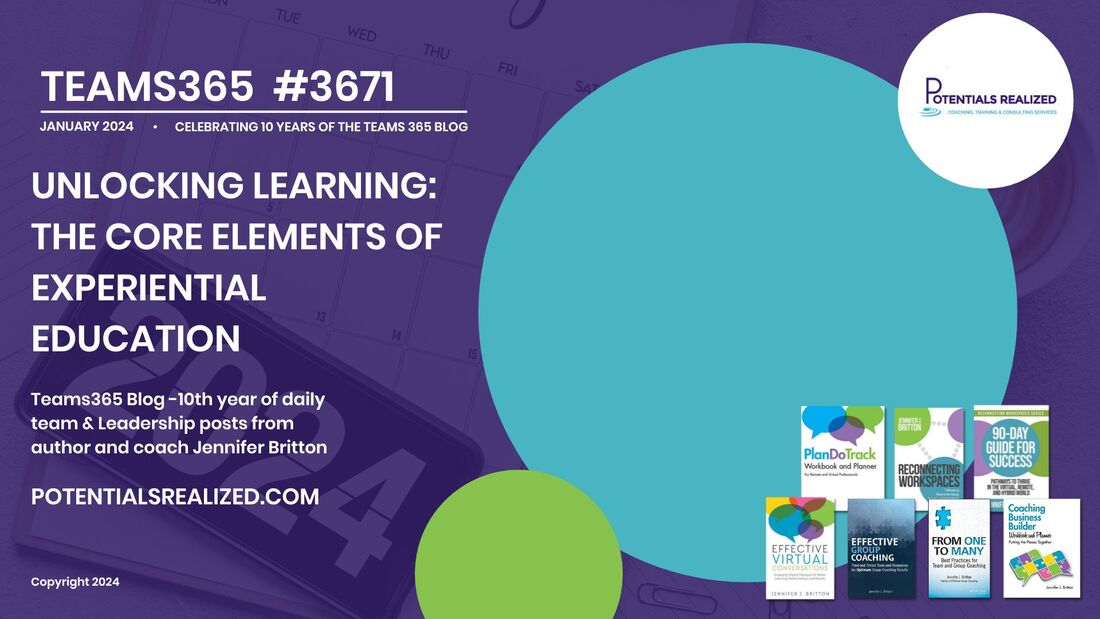- Engagement through Experience: Experiential education places a premium on active participation. Whether through hands-on projects, field trips, or simulations, students actively engage with the subject matter. This immersive approach not only captures attention but also kindles a passion for learning by making the educational journey a personal and memorable experience.
- Reflection and Critical Thinking: An integral part of experiential learning is the reflective process. After engaging in an experience, students are encouraged to analyze and reflect on their actions, decisions, and outcomes. This introspection cultivates critical thinking skills, helping learners connect theory to practice and make informed decisions in diverse situations.
- Collaboration and Teamwork: Experiential education often involves collaborative projects, mirroring real-world scenarios where teamwork is crucial. Through collaboration, students learn to communicate effectively, share ideas, and leverage collective strengths. These interpersonal skills are invaluable not only in academic settings but also in future professional endeavors.
- Real-world Application: The bridge between theory and application is a cornerstone of experiential learning. By applying theoretical knowledge to real-world problems, students gain a practical understanding of concepts. This connection enhances their ability to adapt to different situations and problem-solve in authentic contexts.
- Instructor Facilitation: Instructors in experiential education serve as facilitators, guiding students through their learning journey. Rather than being passive sources of information, educators create environments that encourage exploration, inquiry, and discovery. This mentorship approach fosters a sense of autonomy and self-directed learning.
- Adaptability and Flexibility: Experiential education embraces flexibility, recognizing that each student learns differently. This adaptability accommodates diverse learning styles and encourages educators to tailor experiences to the needs of their students, promoting inclusivity and a more personalized learning experience.
In conclusion, experiential education is a dynamic and effective approach that goes beyond textbooks and lectures. By incorporating these core elements into the learning process, educators can unlock the full potential of their students, preparing them not just for exams, but for the challenges and opportunities that await in the real world.
CEO, Head Coach and Author
Potentials Realized | Group Coaching Essentials
Leadership | Teamwork | Coaching
Contact: 1-416-996-8326
Email: [email protected]
Instagram:@ReconnectingWorkspaces @CoachingBusinessBuilder
Pick up a copy of Reconnecting Workspaces: Pathways to Thrive in the Virtual, Remote and Hybrid World at Amazon – https://bit.ly/reconnectingworkspaces.
Check out my latest TEDx talk – Coaching Teams Through Chaos at https://www.ted.com/talks/jennifer_britton_coaching_teams_through_chaos
Set up a call with myself or my team to learn more about how we can support you through our award-winning ICF CCE approved Coach Training programs – https://calendly.com/potentials-realized/group-coaching-essentials

 RSS Feed
RSS Feed





